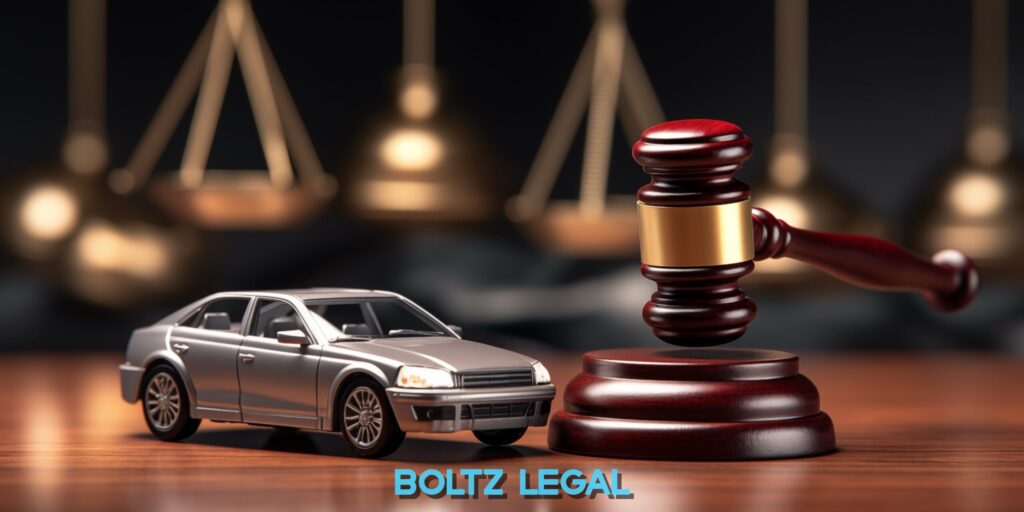In the aftermath of a car accident in Florida, victims face numerous challenges, from physical recovery to financial strains. One often overlooked aspect is the diminished value of their vehicle, a loss that insurance companies are notoriously reluctant to cover adequately. This article delves into effective strategies for navigating the treacherous waters of diminished value claims in Florida, ensuring that you, the victim, are not shortchanged by the insurance companies.
Understanding the Insurer’s Resistance
When it comes to diminished value claims, insurance companies often play hardball. Their primary goal is to minimize payouts, thereby protecting their bottom line. However, as a vehicle owner, it’s crucial to understand that you are entitled to compensation for the loss in your vehicle’s value post-accident. This loss, often ignored by insurers, can significantly impact your financial situation, especially if you plan to sell your vehicle in the future.
Key Strategies for Maximizing Your Claim
- Gather Comprehensive Documentation: The foundation of a strong diminished value claim is irrefutable evidence. This includes detailed repair bills, appraisal reports, and a history of your vehicle’s maintenance and condition prior to the accident.
- Hire an Expert Appraiser: An independent, certified appraiser can provide an unbiased valuation of your vehicle’s diminished value. This professional assessment can be a powerful tool against an insurance company’s lowball offer.
- Consult with a Specialized Attorney: An attorney experienced in diminished value claims can be your greatest ally. They understand the tactics insurance companies can use and navigate the complex legal terrain to ensure your rights are protected.
- Negotiate Assertively: Be prepared to negotiate. Insurance companies expect you to accept their first offer, which is often a fraction of what you’re entitled to. An assertive negotiation stance can significantly increase your compensation.
The Real Impact of Diminished Value
Diminished value affects not just your current financial situation but also your long-term financial health. It’s about getting fair compensation for a loss that was no fault of your own. The devaluation of your vehicle is a direct consequence of an accident, and you shouldn’t bear the financial burden of someone else’s negligence.
Today’s Insight:
“To be yourself in a world that is constantly trying to make you something else is the greatest accomplishment.” – Ralph Waldo Emerson

